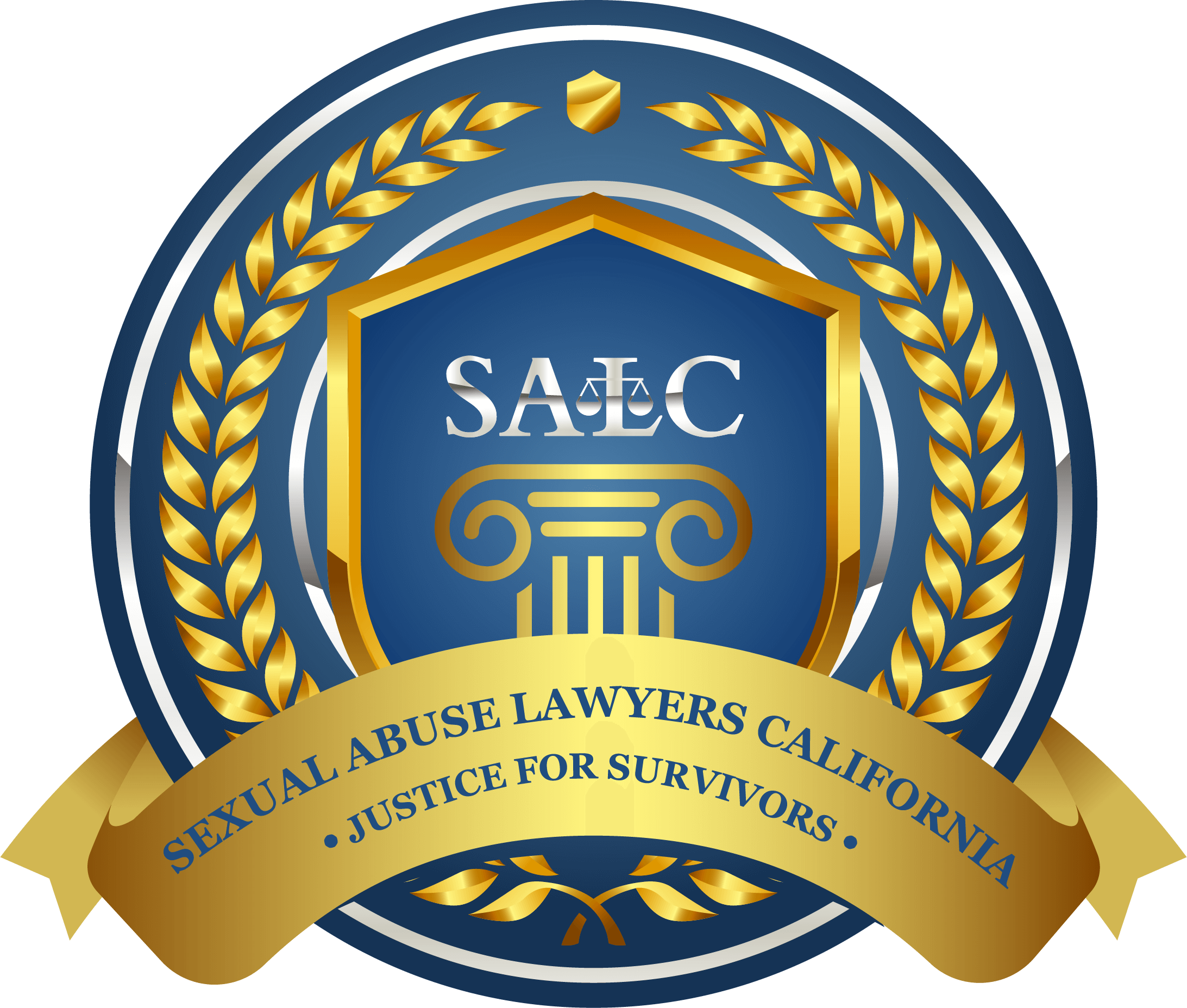In the heart of our communities, the shadow of abuse often looms silently, particularly within the foster care system. The topic of foster care sex abuse is not only sensitive but also deeply impactful, affecting the most vulnerable among us—our children. As a dedicated foster care sexual abuse attorney, we understand the profound gravity of these situations. Early detection of abuse signs is more than a proactive measure; it’s a crucial defense against the enduring trauma that shadows the lives of young victims. In California, a state where the sunshine often belies the darker truths, our mission as a California foster care abuse lawyer is to shed light on these hidden grievances. By recognizing the early signs of abuse, we not only protect individual children but also echo a powerful message throughout San Diego and beyond: our society does not tolerate the shadows where such abuse festers.
The Reality of Abuse in Foster Care
The narrative of foster care is often marred by the grim reality of abuse, a truth that our firm, as a committed foster care sexual abuse attorney, confronts daily. Statistics paint a distressing picture: studies suggest that children in foster care are four times more likely to experience sexual abuse than their peers outside the system. This prevalence, a stark reminder of the vulnerabilities within foster care, underscores the critical role of specialized sex abuse lawyers. The challenges in detecting abuse are manifold, ranging from the transient nature of foster placements to the silent fear held by victims, often intimidated into silence. As a leading California foster care abuse lawyer, we recognize these challenges as not merely legal hurdles but as a call to action, driving us to advocate fiercely for the most defenseless among us. It is in understanding these realities that we find the impetus to seek justice and foster change.
Recognizing Physical Signs
In the realm of foster care, where children’s voices are often overshadowed, the role of a vigilant observer becomes indispensable. As a dedicated foster care child sex abuse law firm, we emphasize the importance of recognizing the physical signs of abuse. These indicators can range from the apparent – bruises, cuts, or burns in various stages of healing, to the subtle – a sudden reluctance to engage in physical activities or a persistent discomfort with body contact.
However, discerning these signs from the everyday scrapes and bruises of childhood is where the expertise of a seasoned foster care molestation attorney becomes crucial. Unexplained injuries or those with inconsistent explanations should raise immediate concern. Additionally, a pattern of frequent, unexplained injuries might be an indicator of a deeper issue. It’s crucial to note changes in behavior accompanying these physical signs, such as a sudden fear of certain individuals or an inexplicable regression to earlier developmental stages.
As experienced foster care sex abuse attorneys, we advise caregivers and educators to adopt an approach of cautious vigilance. It’s essential to consider the context of each sign and to seek professional advice when in doubt. The line between normal childhood injuries and signs of abuse might be fine, but with informed observation and a proactive stance, we can ensure it doesn’t blur, protecting the well-being of children in foster care settings, from San Diego to the broader reaches of California and beyond.

Understanding Behavioral and Emotional Indicators
Within the nuanced landscape of child development, behavioral and emotional indicators can often serve as silent testimonies of abuse, especially in the context of foster care. As a dedicated foster care sexual abuse attorney, we understand that these signs are not always overt and may vary significantly based on a child’s age and developmental stage. Younger children, lacking the vocabulary to articulate their experiences, may exhibit regressive behaviors such as bedwetting, thumb-sucking, or an excessive fear of the dark. Older children, on the other hand, might display a sudden shift in academic performance, engage in risk-taking behaviors, or show signs of depression and withdrawal.
Our role as a foster care child sex abuse law firm extends beyond legal advocacy; it involves educating caregivers to discern these behavioral shifts. An abrupt change in behavior, unexplained fear or aggression towards certain individuals, or a sudden reluctance to attend certain places can all be subtle yet significant indicators of underlying distress. As children navigate through their developmental stages, these signs might evolve, making the role of observant and empathetic adults crucial in early detection and intervention.
Navigating the Complexity of Verbal and Non-Verbal Cues
In the intricate realm of child welfare, understanding the dichotomy between what is said and what remains unspoken is vital. As seasoned foster care molestation attorneys, we recognize that verbal cues, though important, are just a fragment of the communication puzzle. Children, particularly those experiencing abuse, may not always verbalize their trauma directly. Instead, their communication might manifest through subtle hints, changes in storytelling, or an uncharacteristic use of language.
Equally telling are the non-verbal cues – a sudden disinterest in previously enjoyed activities, a noticeable withdrawal from social interactions, or an unexplained decline in academic performance. These silent signals, often overlooked, can speak volumes about a child’s inner turmoil. As experts in foster care sex abuse in San Diego and beyond, we stress the importance of a holistic approach to communication, one that listens as much to the silences as to the words.
For educators, caregivers, and legal professionals alike, understanding these verbal and non-verbal nuances is paramount. It involves cultivating an environment where children feel safe and heard, whether they choose to communicate through words or through the silent language of behavior. In this complex interplay of communication, our role as foster care sexual abuse lawyers is not just to advocate, but to ensure that no cue, no sign, and no child’s plea for help goes unnoticed.
The Role of Caregivers and Educators
Caregivers, foster parents, and educators occupy the front lines in safeguarding children from abuse, with their vigilance forming the first barrier against maltreatment. As specialists in foster care sexual abuse law, we emphasize the pivotal role these guardians play. They must be not only vigilant in noticing the signs of abuse but also proactive in creating a safe, nurturing environment. This involves establishing open lines of communication, where children feel secure to share their experiences without fear of judgment or retribution. It’s about building trust and showing unwavering support, ensuring that each child knows they have a confidante in their corner.
Especially in settings like foster care and K-12 schools, where children spend significant time away from their primary family, the responsibility of educators and caregivers becomes even more pronounced. They are often the first to notice behavioral changes or physical signs of abuse, making their role in early detection and intervention crucial. As a foster care child sex abuse law firm, we collaborate with these key figures, offering guidance and support to foster a culture of vigilance and care, ensuring every child’s well-being is a shared priority.

When to Act: Steps to Take After Suspecting Abuse
Recognizing the signs of abuse is just the first step; knowing how to act swiftly and sensitively is crucial. As a dedicated foster care sex abuse attorney, we recommend the following steps if abuse is suspected:
Ensure the Child’s Immediate Safety: If the child is in immediate danger, take necessary steps to ensure their safety. This may involve removing them from the situation or contacting law enforcement.
Document the Concerns: Record your observations detailing the signs of abuse. Include dates, times, and as much specific information as possible.
Approach the Child Sensitively: If you decide to speak with the child, ensure the setting is private and secure. Use open-ended questions and listen without judgment. Remember, the goal is to make the child feel safe and supported, not to interrogate.
Report the Abuse: Contact the appropriate authorities. This may include child protective services, law enforcement, or both. As a California foster care abuse lawyer, we stress the importance of understanding local laws and reporting procedures.
Seek Professional Help: Consider the support of a foster care sexual abuse attorney or a foster parent molestation victims lawyer to navigate the legal complexities that follow a report of abuse.
Support the Child: Ensure the child receives the necessary psychological support to deal with the trauma. Collaborate with therapists, counselors, and support groups specializing in sexual assault at K-12 schools and foster care settings.
Each step, taken with care and sensitivity, can make a profound difference in the life of a child facing abuse. As legal professionals and advocates, our role extends beyond the courtroom, ensuring that each step taken is in the child’s best interest, paving the way for healing and justice.
Creating a Supportive Environment for Disclosure and Recovery
A supportive environment, rooted in trust and understanding, is fundamental for children to feel safe disclosing abuse. As a dedicated foster care sexual abuse attorney, we recognize that the path to recovery begins with a single step: a child’s ability to share their experience without fear. Building this trust requires patience, empathy, and consistency from caregivers and educators. The role of professional support, including therapy, in this journey is invaluable. Therapists specialized in child trauma can provide the tools and space for children to process their experiences and start healing. As advocates, our foster care child sex abuse law firm is committed to ensuring that every child has access to the support they need, fostering an environment where recovery is not just a possibility, but a priority.

Empowering Through Education: Preventing Abuse in Foster Care
Education serves as a powerful tool in the prevention of abuse within the foster care system. By educating caregivers, educators, and children about the signs of abuse and the fundamentals of healthy relationships, we can create a proactive community vigilant against maltreatment. A well-informed caregiver or educator, equipped with knowledge and resources, is better prepared to identify and respond to the signs of abuse. Similarly, empowering children with the understanding of appropriate versus inappropriate behavior fosters an environment where they feel confident to voice concerns.
As a leading California foster care abuse lawyer, we emphasize the role of community awareness and involvement in fortifying the safety of foster care environments. Organizing workshops, training sessions, and support groups can encourage open dialogue, dismantle the stigma surrounding abuse, and ensure that every member of the community is an active participant in safeguarding the well-being of children in foster care. Through collective vigilance and informed action, we can transform foster care into a safe haven, free from the shadows of abuse.
Wrapping Up: A Call to Awareness and Action
As we conclude, let us underscore the critical importance of recognizing the early signs of abuse, a responsibility that rests on the shoulders of each of us. The journey doesn’t end with awareness; it begins with it. As a committed foster care sex abuse attorney, we champion continuous education, unwavering vigilance, and a proactive stance in protecting the innocent lives within foster care settings. We encourage everyone, from educators to caregivers, to take part in this collective effort. Remember, the decision to act, to educate, and to support may not just transform lives; it might save them. And for those seeking justice and healing, know that avenues like a civil lawsuit for sexual abuse stand as testaments to your strength and resilience. Together, we can ensure that the promise of a safe childhood isn’t just an ideal but a reality for every child.










